Introduction
Social media and internet platforms are critical components of our daily activities in the digital age. However, many people use these terms interchangeably, unaware of their unique characteristics and functionalities. This blog seeks to clarify the contrast between Social Media and Websites, highlighting five essential features that will assist you in navigating the digital realm more successfully.
Understanding Social Media and Websites
What are Social Media and Websites?
Social media and websites are digital spaces that enable individuals to interact and share content. Additionally, it allows individuals to connect with friends, family, and communities across the globe, fostering communication and engagement.
Defining Social Media
Social media refers to internet platforms that allow users to create and share content within a network.
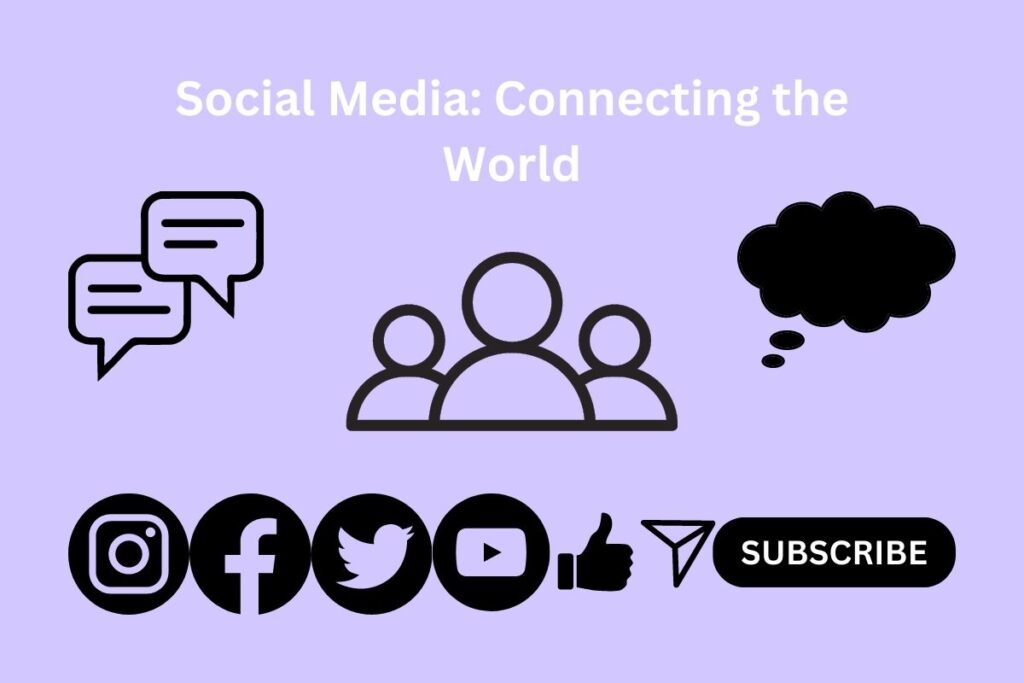
Understanding Websites
Online platforms encompass a broader category, including websites, marketplaces, and software applications. Unlike social media, websites often focus on specific functions like e-commerce, professional networking, or content creation.
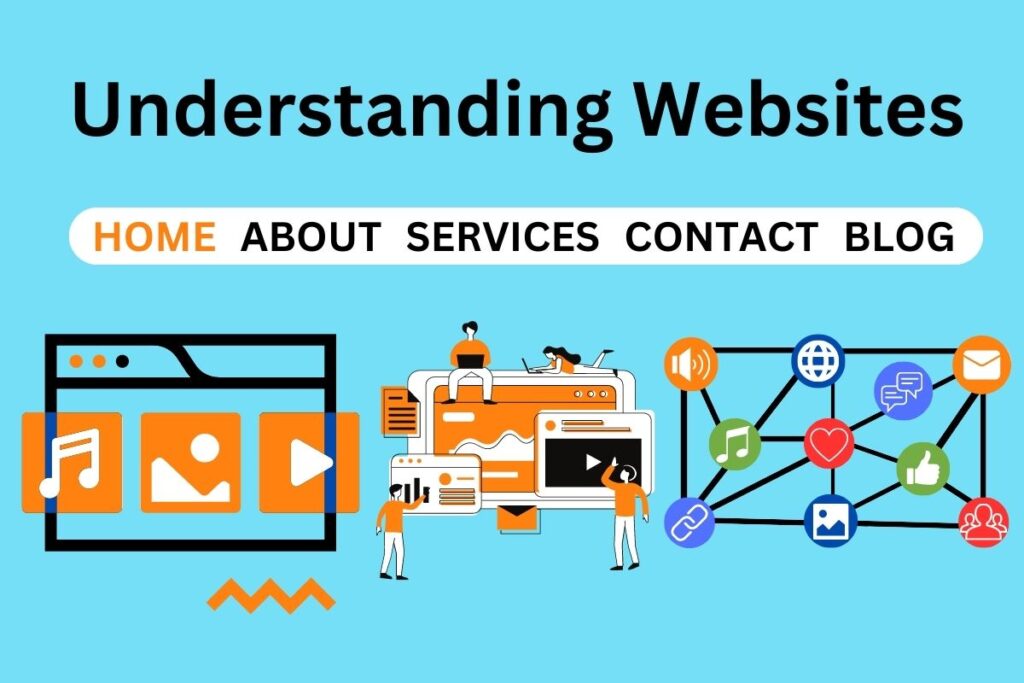
Primary Functions of Social Media and Websites
Social Media: Connecting People and Sharing Content
Social media platforms primarily focus on connecting people, fostering relationships, and enabling users to share various forms of content, such as photos, videos, and text.
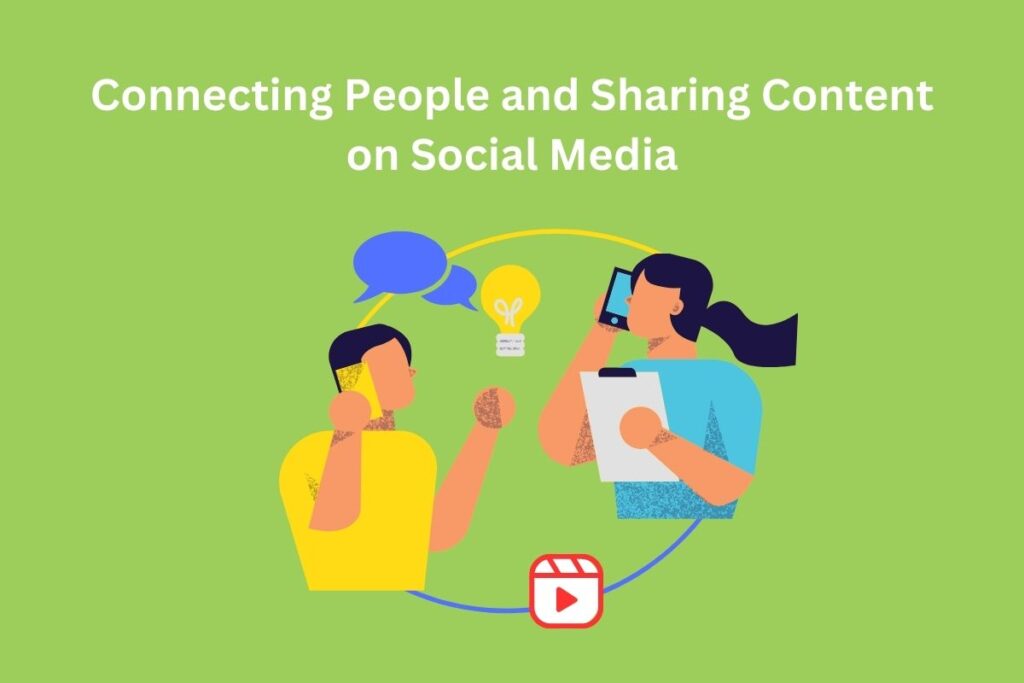
Websites: Facilitating Transactions and Service Provision
Websites serve primarily as mediators, connecting people who want to buy, sell, or access specific services like booking accommodations or employing specialists. Consequently, these platforms enable seamless transactions and convenient access to desired goods and services.
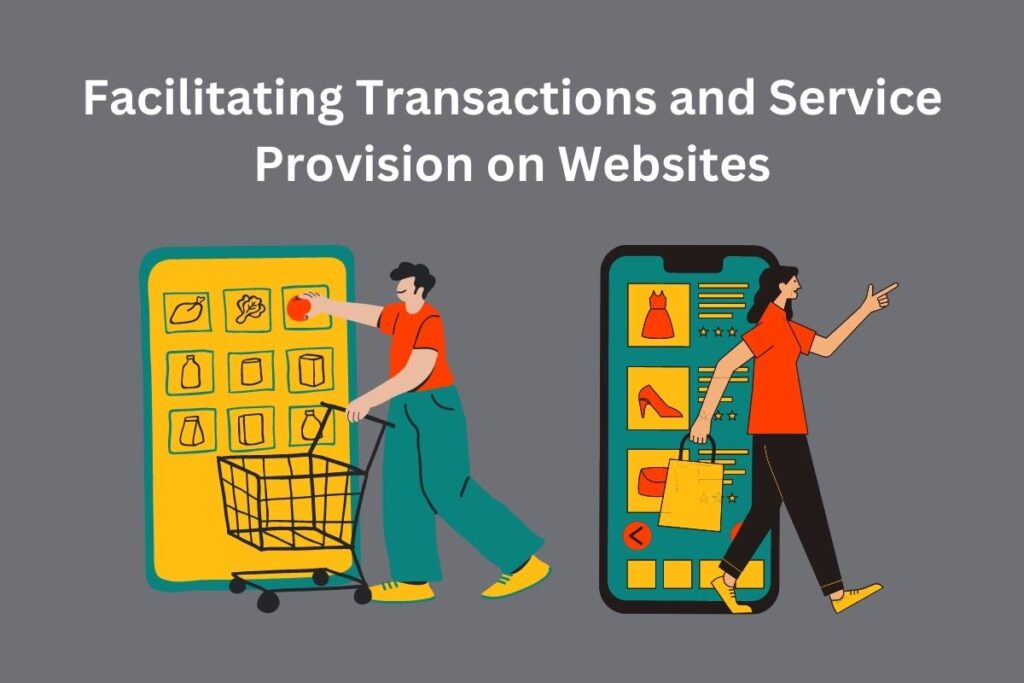
The Key Differences Between Social Media and Websites
The Difference in Mode of Interaction and Communication
Social media platforms promote communication and interaction by enabling users to comment, like, share, and send direct messages. Additionally, websites prioritize transactional and service-oriented interactions.
The Difference in Purpose and Content Creation
Social media platforms encourage users to share personal experiences, thoughts, and opinions, fostering a sense of self-expression. Websites focus on providing a service or facilitating specific transactions, often involving commercial activities.
Differences in Monetization and Revenue Generation
Social media platforms actively generate revenue through advertisements and collaborations with brands. Additionally, sponsored content serves as another significant source of income. However, websites, on the other hand, make money primarily through transaction fees, subscription costs, or transaction commissions, allowing them to monetize their services.
The Difference in Target Audience and User Base
Social media platforms typically target a broader audience, ranging from individuals to businesses of all sizes. Furthermore, websites offer consumers particular services or products, drawing a more specialized user base.
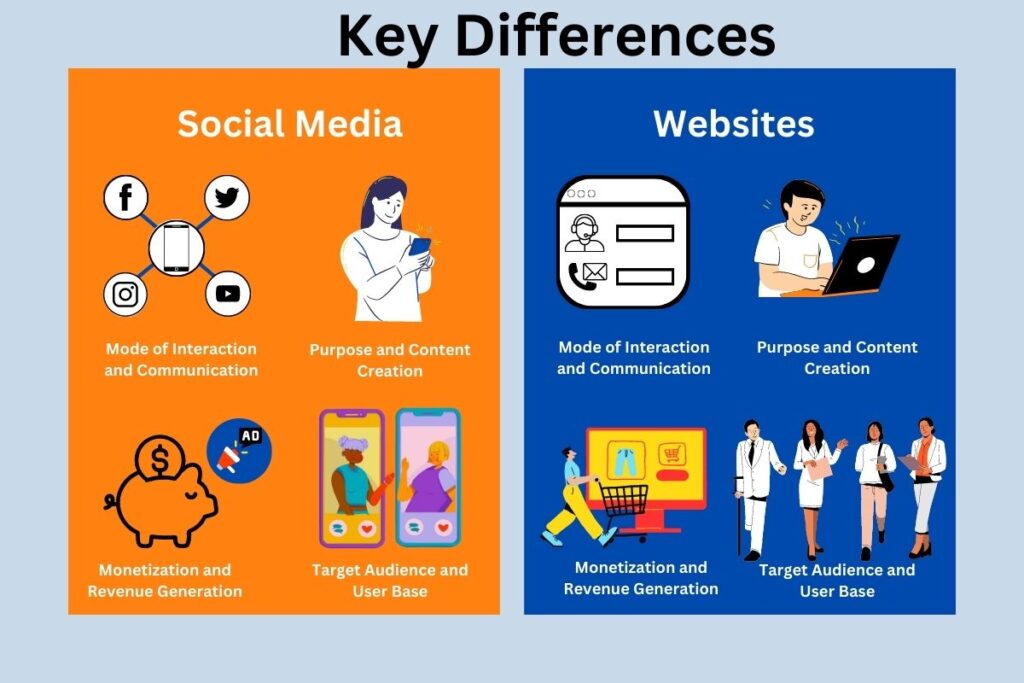
Shaping Cultural Norms and Trends
The Rise of Influencer Culture
Social media influencers shape consumer behavior and influence cultural norms, making them influential trendsetters in today’s society.
Cultural Exchange and Global Awareness
Websites allow people from diverse backgrounds to share their culture, fostering cultural exchange and increasing global awareness.
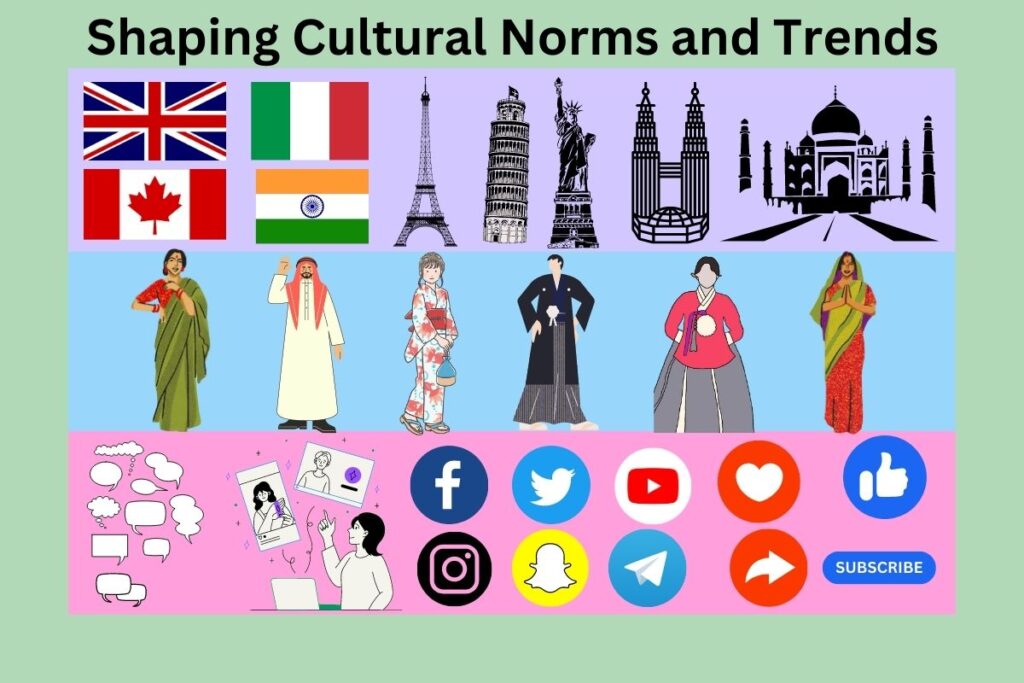
While social media undoubtedly shapes culture, and one cannot ignore its impact on politics.
Redefining Political Landscapes
Grassroots Movements and Political Activism
Social media has provided a platform for grassroots movements to gain traction and mobilize people for social and political change.
The Influence of Online Discourse on Politics
Websites have transformed political conversations, enabling citizens to voice their opinions and engage in political discourse.
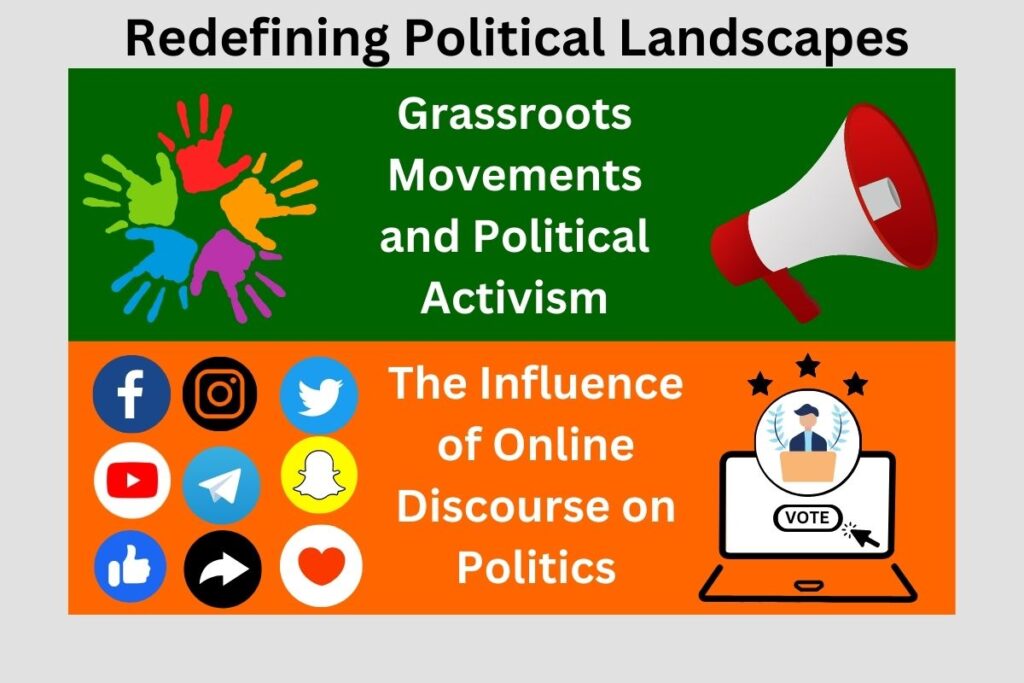
However, the impact of social media and websites on society, culture, and politics is not without its challenges.
Addressing Challenges and Concerns
The Spread of Misinformation and Fake News
The ease of sharing information on social media has led to the proliferation of misinformation, challenging the credibility of news sources.
Data Privacy and Security Measures
Social media platforms frequently encounter concerns regarding data privacy and security due to the vast amount of personal information shared. Consequently, websites prioritize secure transactions and data protection to build trust among users.
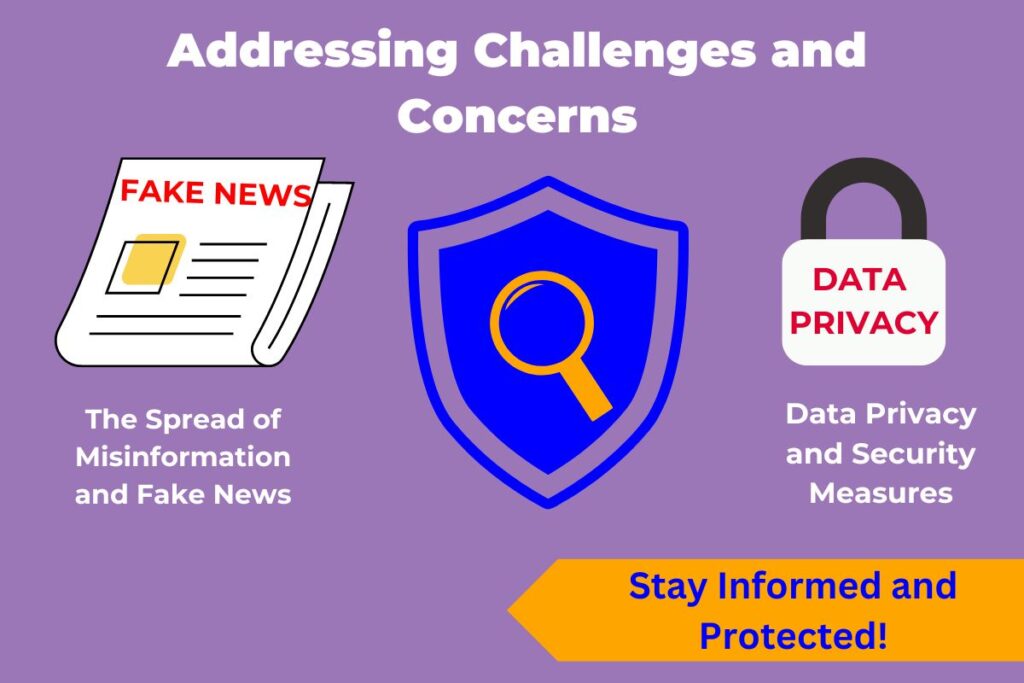
Conclusion
In conclusion, social media and websites exhibit similarities in their digital nature, yet they differ significantly in purpose, functionality, and audience. However, social media revolves around content creation and networking, fostering engagement and social connections. Meanwhile, websites offer specialized services, catering to specific audiences and facilitating various transactions. Consequently, by acknowledging these differences, we can efficiently navigate the digital landscape and make the most of these platforms. Evolving social media and websites will influence society, culture, and politics. Consequently, it is crucial to responsibly navigate these platforms, address challenges, and harness their potential for positive change.
Also Read: Importance of Self-Care: Simple Ways to Prioritize Your Well-Being






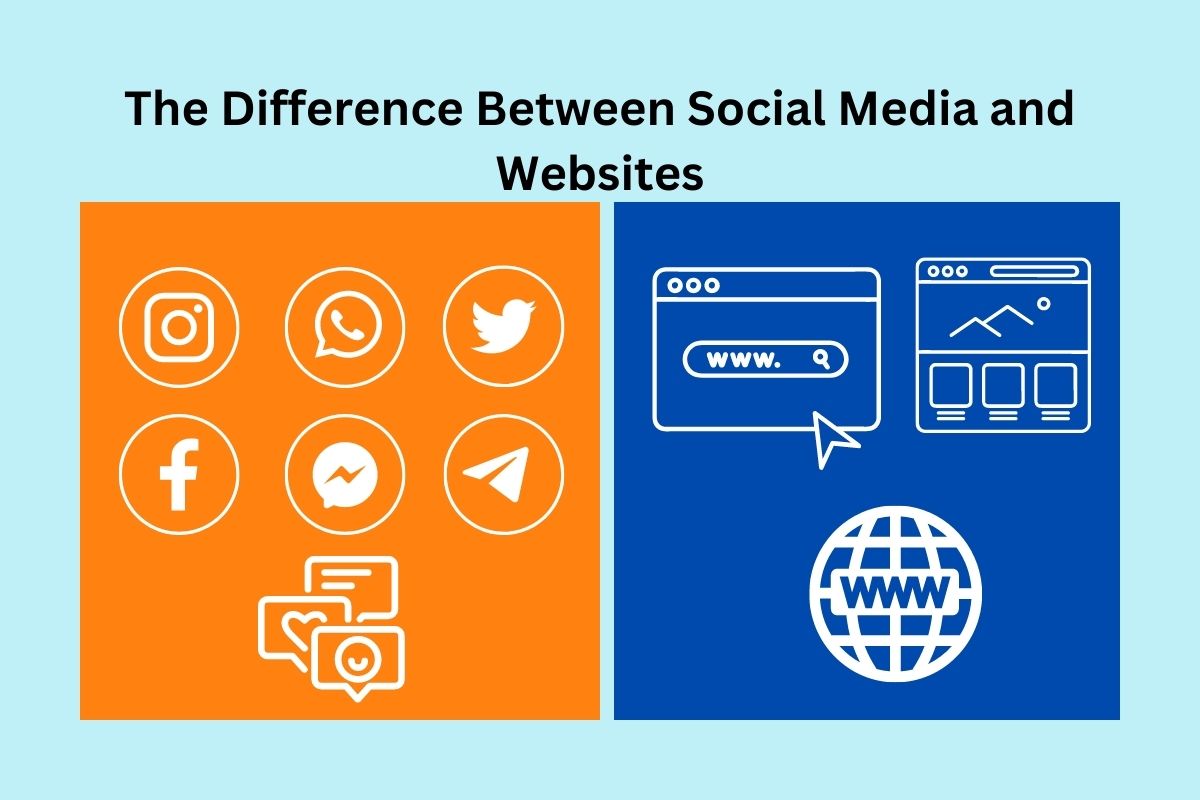



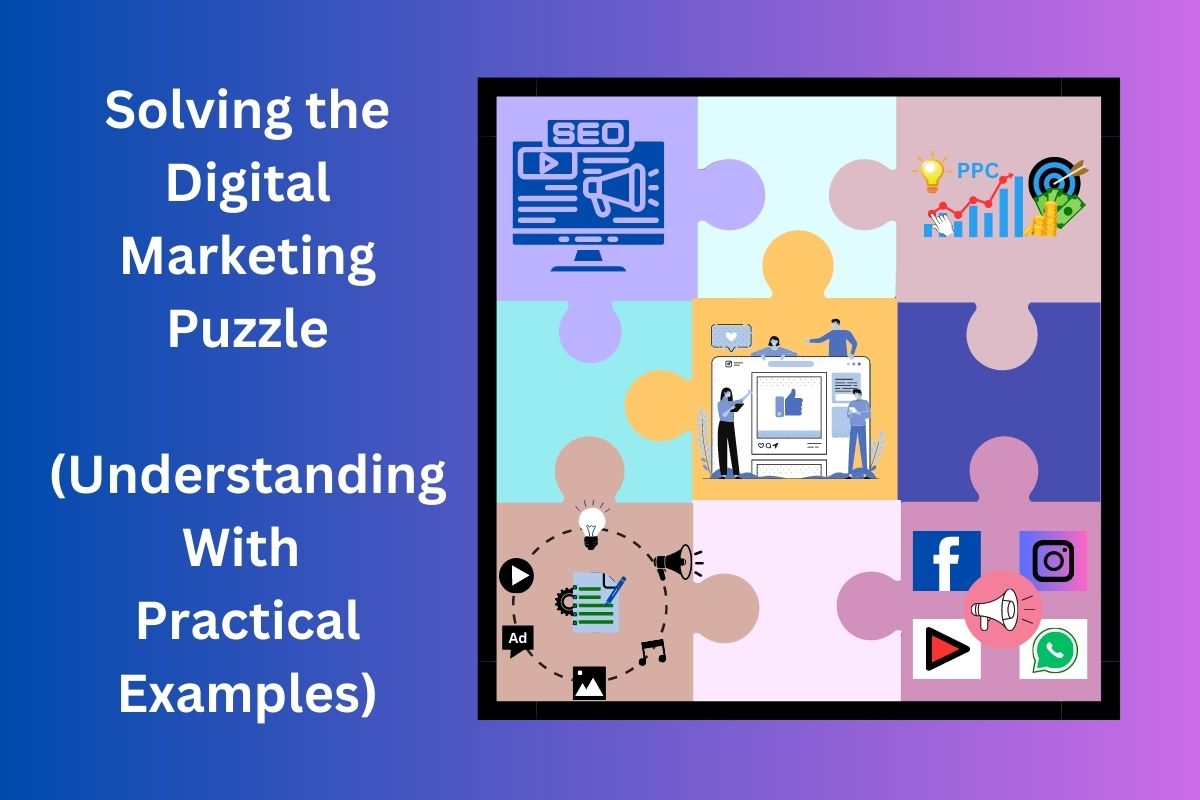
One thought on “The Difference Between Social Media and Websites: Exploring Their Unique Characteristics”